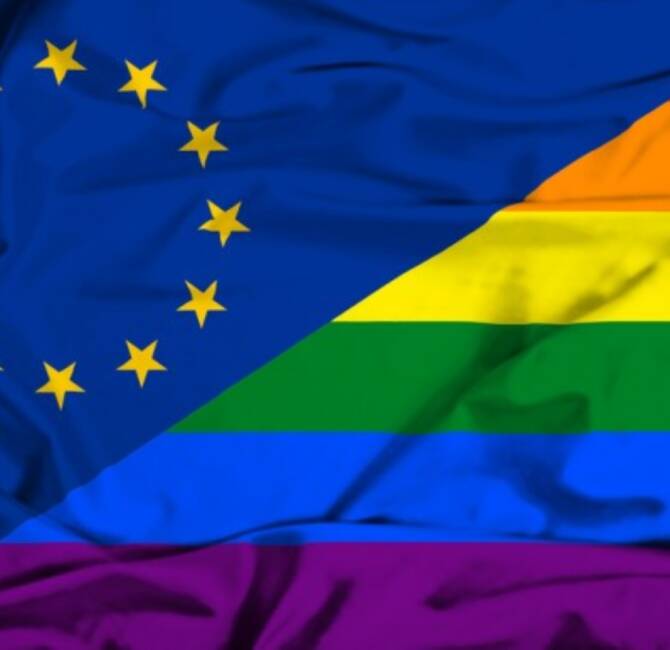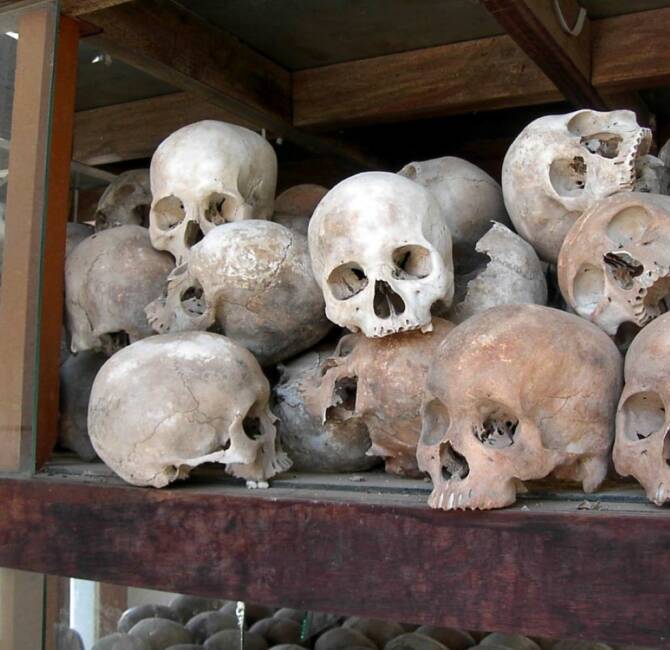The invasion of Ukraine is yet another development in centuries of Russian territorial expansion masked by enlightened slogans about “liberating” conquered land. Professor Andrzej Nowak’s latest book makes it clear that Russian imperialism is not only about conquering its neighbors, but also about fighting the very idea of the nation-state, which is so close to many Western hearts.
This article by Maciej Pieczyński was published originally in Polish, in July 2023, in “Do Rzeczy” weekly magazine. To read the full version in English on Sovereignty.pl, please click here.
In 2002, Vladimir Putin was asked in an interview how the Russia he rules differs from the Soviet Union of Stalin’s time. The questioner’s intention was obviously to show that the times of bloody dictatorship in Russia were past, and that its present and future were times of freedom and democracy. In a conversation with the same reporter in 1991, Putin had warned with a sad face of a possible “return to totalitarianism.” Eleven years later, when he had become the country’s president, he again put on a sad face, albeit for a completely different reason. He noted that compared to the Stalin era, Russia “has become much smaller, unfortunately.” Professor Andrzej Nowak’s latest book “The Return of the ‘Evil Empire’. Ideologies of modern Russia, their creators and critics (1913–2023)” (Powrót »Imperium Zła«. Ideologie współczesnej Rosji, ich twórcy i krytycy (1913‑2023)) begins with a reflection on those two revealing remarks.
Putin as a faithful disciple of Stalin
It was not sympathy for the communist system, but indeed regret for Russia’s lost territories that led Putin to regard the collapse of the USSR as the greatest geopolitical disaster of the 20th century. The invasion of Ukraine is an attempt to partially reverse this “disaster.” As Nowak notes, although Russia is the world’s largest country, Russians (and not just Putin himself) still want more and more land. Not so much land to conquer as, according to the official narrative, land to “recapture” or “liberate.” This is traditional Russian rhetoric. After all, it is not only the Kremlin propagandists, but also seemingly serious historians from Pushkin’s homeland who argue that Russia has never invaded anyone. It has always only defended itself against external aggression, generally from the West. From the time of medieval prince Alexander Nevsky, who fought German and Swedish knights, through the popular uprising against “Polish interlopers” in the early 17th century and two patriotic wars (first against Napoleon, then Hitler), to the clash with the “collective West” (USA, NATO, European Union) and its Ukrainian lackeys, Russia has only ever been taking back those territories that were “fairly” due, “liberating” the population living there. This is still the position after February 24, 2022.
[…]




